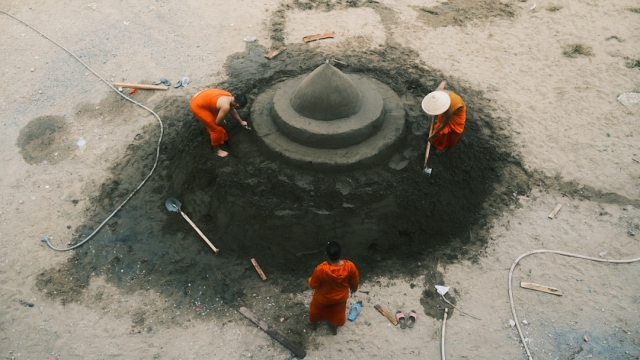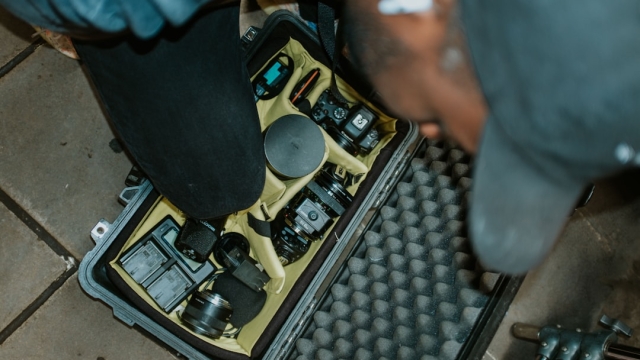
Common Water Heater Issues and Their Symptoms
Water heaters are essential for providing comfort and convenience in our everyday lives, supplying hot water for showers, dishwashing, laundry, and more. However, like any appliance, they can encounter issues that disrupt their function. Early diagnosis of these problems is crucial, as it not only saves time and money but also prevents further damage. This article will explore common water heater issues provide a step-by-step troubleshooting guide, and offer advice on when to seek professional help for repairs.
Common Water Heater Issues and Their Symptoms
Understanding the common problems associated with water heaters can help homeowners identify issues early. Here are some prevalent symptoms to watch for:
Lack of Hot Water
One of the most obvious signs of a malfunctioning water heater is a lack of hot water. This issue may arise due to various reasons, including a faulty thermostat, a broken heating element, or sediment buildup in the tank. If you find that your showers are consistently cold, it’s time to investigate.
Strange Noises
Noises such as popping, rumbling, or hissing can indicate sediment buildup at the bottom of the tank. This sediment can insulate the water from the burner, causing overheating and leading to potential damage. Listening for unusual sounds can help pinpoint when a unit requires attention.
Leaking Water
Leaks can occur around the base of the water heater or from the pipes connected to it. A leak may indicate a failing tank or loose fittings. If you notice water pooling around the unit, addressing this issue promptly is essential to prevent extensive damage to your home.
Discolored Water
If the hot water appears rusty or discolored, it may indicate corrosion inside the tank. This issue not only affects the quality of your water but also signals that the tank might be nearing the end of its lifespan. Testing the water’s quality can help determine the seriousness of the problem.
Step-by-Step Troubleshooting Guide for Water Heaters
When faced with water heater problems, a systematic troubleshooting approach is crucial. Here’s a step-by-step guide to help homeowners perform basic diagnostics:
Step 1: Check the Power Supply
For electric water heaters ensure that the unit is receiving power. Check the circuit breaker to see if it has tripped. If so, reset it and monitor the heater for proper function.
Step 2: Inspect the Thermostat
Set the thermostat to the desired temperature, usually around 120°F. If the water remains cold, the thermostat might be malfunctioning, necessitating further examination or replacement.
Step 3: Examine the Heating Elements
In many electric water heaters, there are two heating elements. If one fails, the heater may not produce enough hot water. Using a multimeter, check the heating elements for continuity and replace any that are faulty.
Step 4: Flush the Tank
To address sediment buildup, periodically flushing the tank can be beneficial. This process involves turning off the heater, connecting a hose to the drain valve, and allowing water to flow out until it runs clear. This maintenance can improve efficiency and prolong the unit’s life.
Step 5: Check for Leaks
Inspect the unit and surrounding areas for signs of leakage. If you find any, tighten fittings or consult a professional if the leak appears to be from the tank itself.
When to Call a Professional for Water Heater Repairs
While many issues can be diagnosed and resolved by homeowners, it is crucial to recognize when to seek professional assistance. If you encounter persistent problems despite troubleshooting, or if you notice any safety concerns such as electrical issues or gas leaks, it’s best to contact a qualified plumber. Complex repairs and certain installations require specialized knowledge and tools that professionals possess.
In conclusion, early water heater diagnostics can save homeowners from costly repairs and ensure a steady supply of hot water. By understanding common issues and utilizing a structured troubleshooting approach, you can take proactive steps to maintain your water heater. For more detailed information on water heater diagnostics and troubleshooting, consider visiting this resource for expert guidance.



